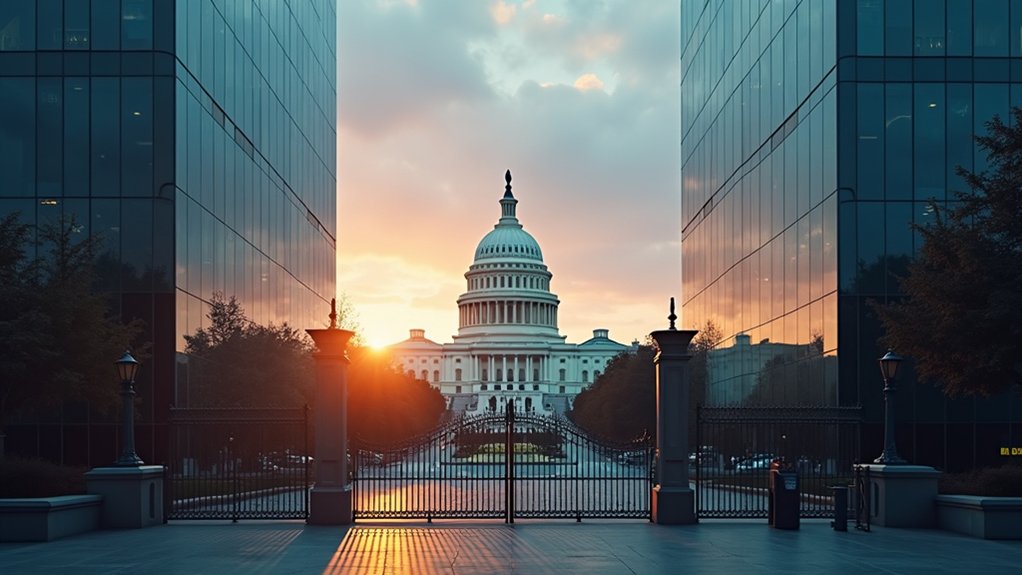A seismic shift looms over the UK’s crypto landscape as the government, in a brazen move, mandates firms to expose every transaction by January 1, 2026, under the guise of tax compliance. This isn’t mere oversight; it’s a calculated gut-punch to autonomy, aligning with the global Crypto-Asset Reporting Framework (CARF), as if international consensus justifies stripping away personal boundaries. Crypto firms, now shackled, must harvest detailed user data—names, addresses, tax IDs—and log every asset type and amount, all to satisfy HMRC’s unquenchable thirst for control. Privacy Concerns, predictably, erupt like wildfire; who, pray tell, trusts a system that treats every trader as a potential tax dodger? This new mandate also includes automatic exchange of investor data automatic data exchange between crypto and fiat transactions, ensuring no trade escapes scrutiny.
And what of the Market Impact, you ask? Brace for chaos, as operational costs skyrocket, burdening firms with compliance expenses that could choke innovation faster than a bureaucrat’s red tape. Smaller players might crumble under the weight, while giants adapt, further consolidating power—ironic, isn’t it, for a sector born of decentralization? The government touts transparency, equating crypto to traditional banking, but at what cost to the very ethos of digital assets? Users, once lured by anonymity, now face exposure, their every move cataloged, ripe for misuse or breach—laughable, if it weren’t so infuriating. Financial Stability Board principles of equal risk regulation guide this aggressive oversight approach. Additionally, under the UK Crypto Travel Rule, firms must collect and share originator and beneficiary information for all transactions, further tightening the regulatory grip Travel Rule compliance.
Penalties loom large, with fines up to £300 per user for sloppy reporting, a draconian slap for inevitable human error. Meanwhile, OECD alignment and cross-border cooperation sound noble, but they reek of global overreach. Will HMRC’s promised guidance clarify this mess, or just pile on more jargon? Crypto’s wild spirit is being tamed, and taxpayers—taxed at 10% or 20% on gains—are left to wonder: is this compliance, or a digital cage? Demand answers, before freedom’s just a memory.








